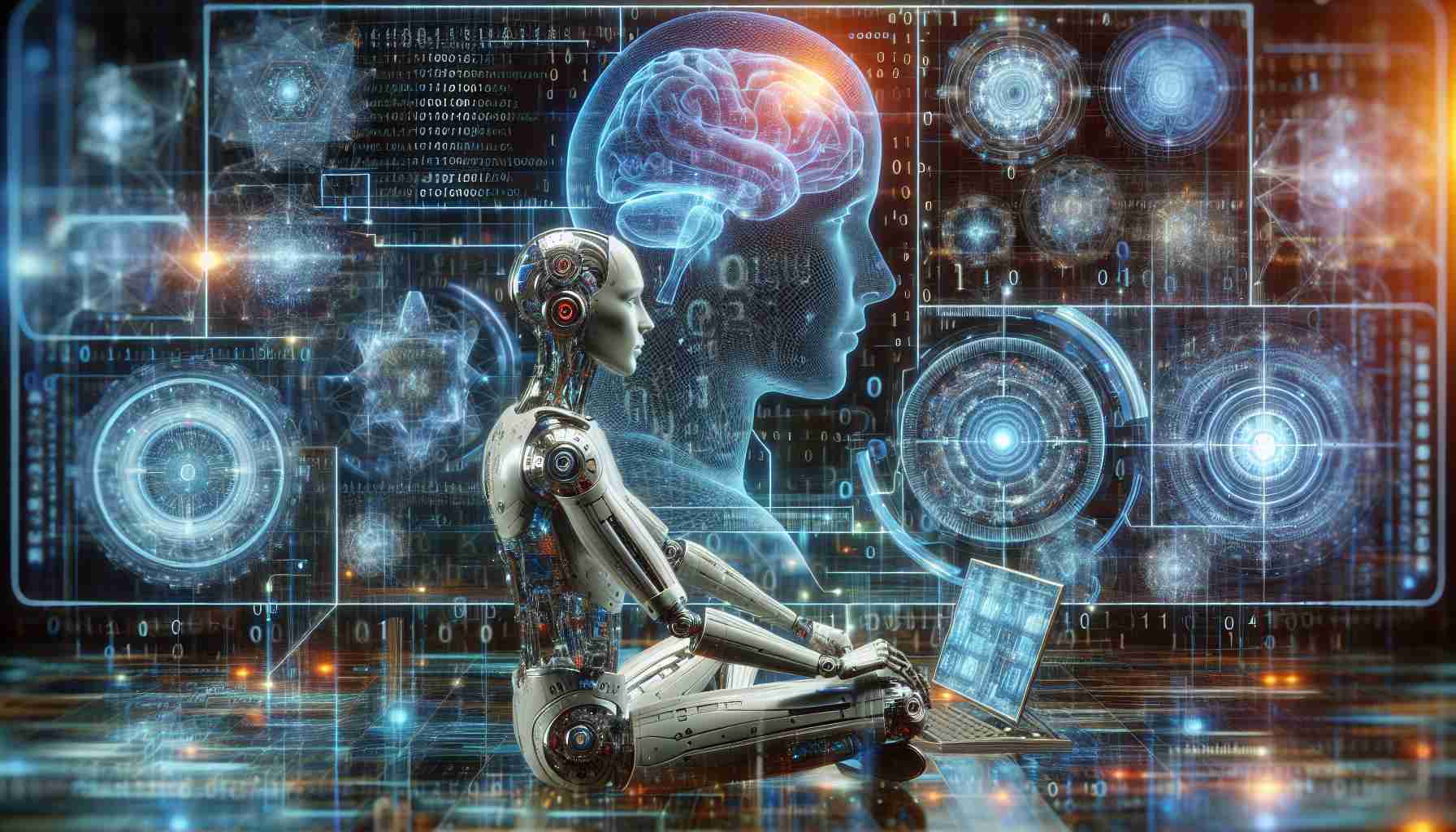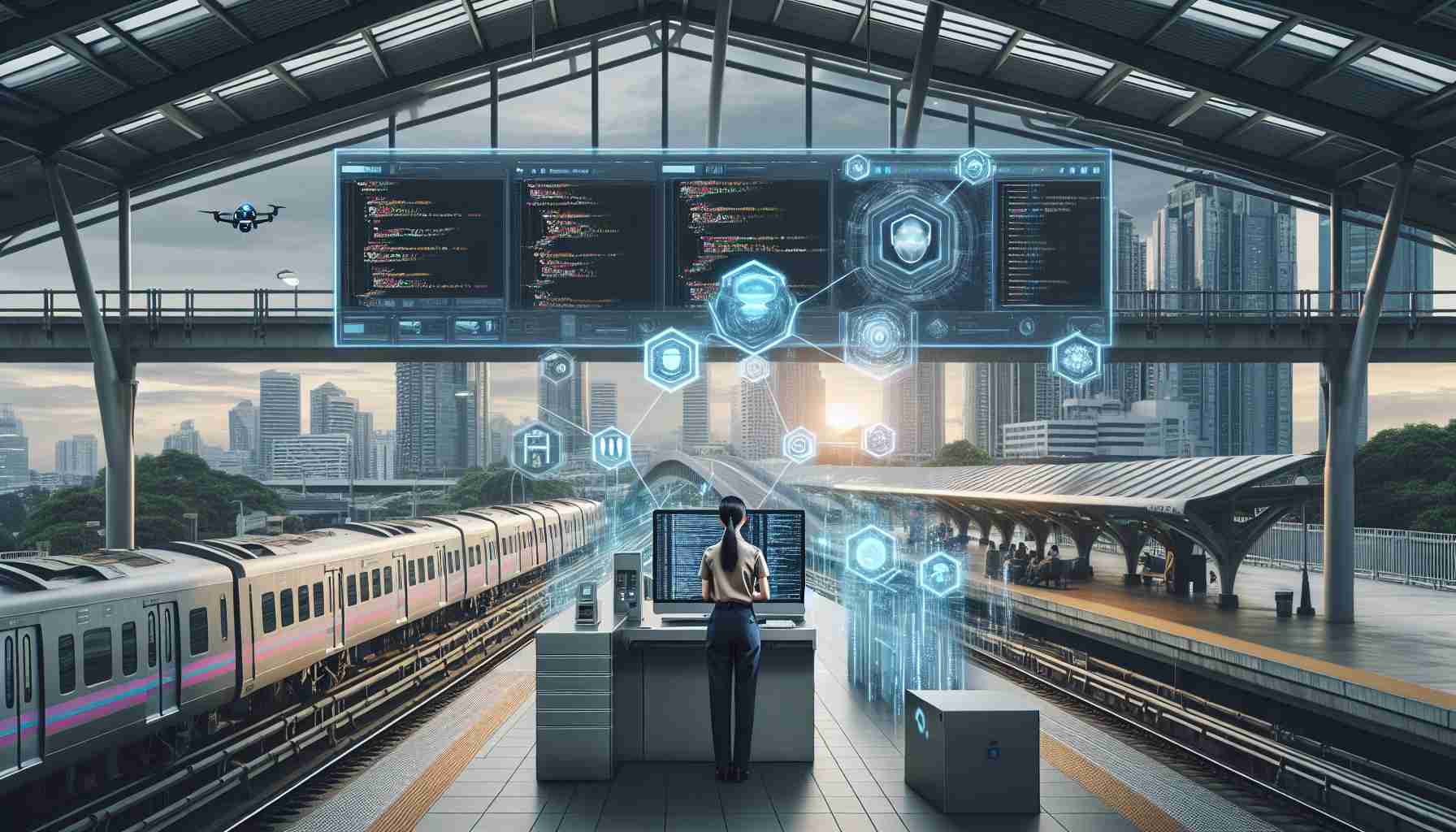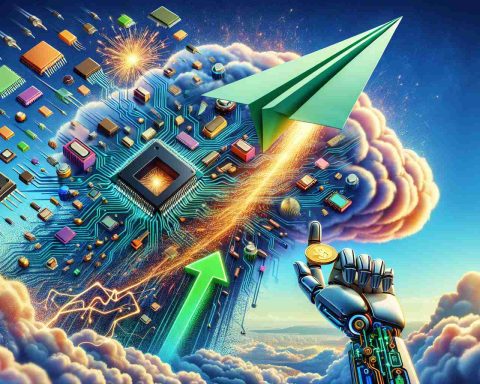Artificial Intelligence (AI) is often surrounded by a swirl of mystery and intrigue, but what does it really mean? In essence, AI refers to the simulation of human intelligence processes by machines, particularly computer systems. These processes include learning, reasoning, problem-solving, perception, and language understanding.
The origins of AI can be traced back to the mid-20th century when pioneering computer scientists like Alan Turing laid down the groundwork by questioning whether machines could think. Today, AI has evolved far beyond its theoretical roots to become an integral part of modern technology. From virtual assistants like Siri and Alexa to recommendation systems on Netflix, AI is embedded in our daily routines, enhancing efficiency and productivity.
One key aspect of AI is machine learning, a subset of AI where systems improve their performance over time through experience, without being explicitly programmed. This is achieved through algorithms that identify patterns in data and make informed decisions based on it. Meanwhile, deep learning, a more advanced subset of machine learning, utilizes neural networks with multiple layers to handle a more extensive array of complex tasks.
Moreover, AI has significant implications across various sectors. In healthcare, AI assists in diagnosing diseases; in finance, it helps in detecting fraud; and in autonomous vehicles, AI is crucial in navigation and safety.
Despite its progress, AI also raises ethical and societal questions. Concerns about data privacy, security, and the potential displacement of jobs require careful consideration and regulation.
In conclusion, AI is not merely science fiction but a transformative force that is continuously reshaping how we interact with technology. Understanding AI’s capabilities and limitations is essential as we forge ahead into a future heavily influenced by intelligent machines.
How AI Is Secretly Transforming Our Lives in Astonishing Ways
Artificial Intelligence (AI) has slipped into the fabric of our lives, doing more than just powering voice assistants and recommendation engines. Behind the curtain of its ubiquitous presence, AI brings both breakthroughs and challenges that few ever imagine.
AI in Crime Prediction and Prevention is one of the most intriguing developments. By analyzing vast amounts of data, from social media interactions to environmental conditions, AI systems can predict potential criminal activity hotspots, allowing authorities to allocate resources more efficiently. However, this raises privacy and surveillance concerns, prompting debates over ethical boundaries and the right to privacy.
The Role of AI in Creative Arts is expanding, giving rise to controversies about originality and human vs. machine-created art. AI is being used to compose music, generate paintings, and even write scripts. But, does art created by machines hold the same value? This new frontier questions the essence of creativity and intellectual property rights.
Global Economic Impact of AI also sparks discussion. While AI drives innovation and efficiency, leading to economic growth, there’s growing unease regarding widening inequality. Countries and communities with access to AI resources are likely to outpace those without, creating a digital divide. Initiating equal AI education and infrastructure becomes crucial to ensure a balanced technological advancement globally.
So, what does artificial intelligence really mean? It symbolizes our ability to push boundaries, yet challenges us to consider its control and ethical use seriously. As AI evolves, staying informed and engaged is vital.
Like to know more about AI? Visit IBM or Microsoft to explore cutting-edge developments and their impacts.










